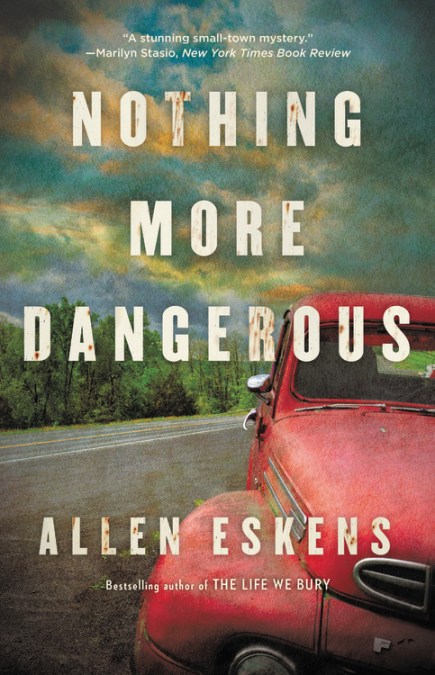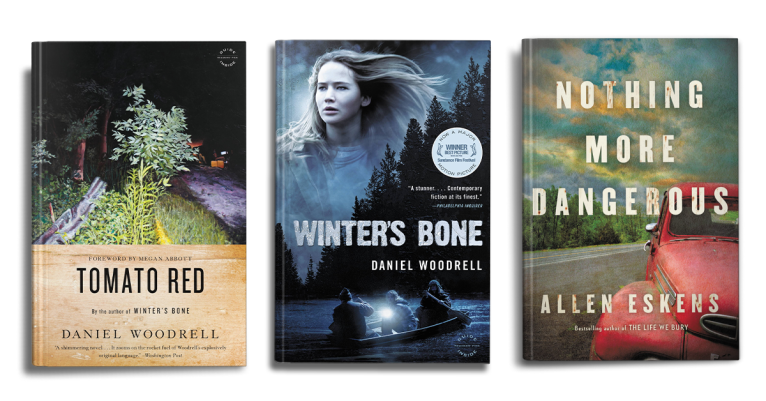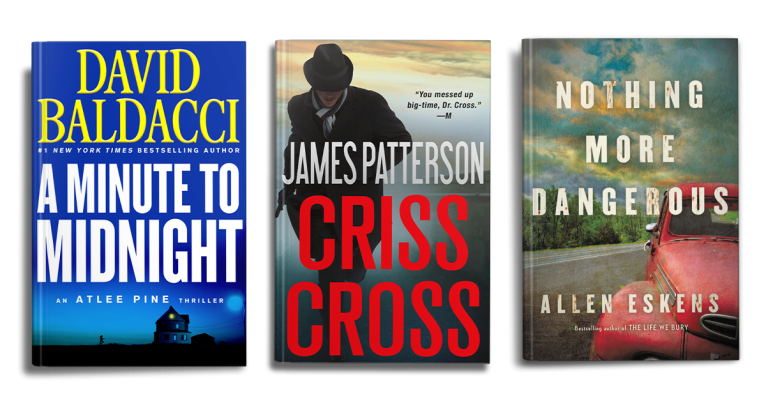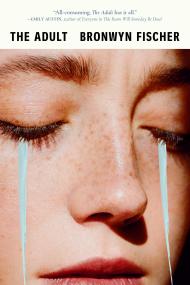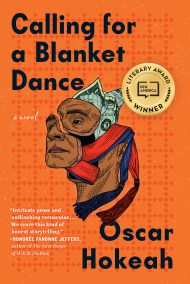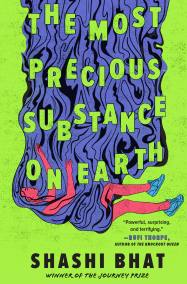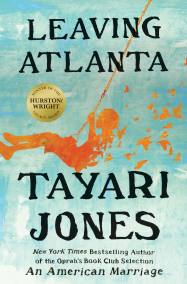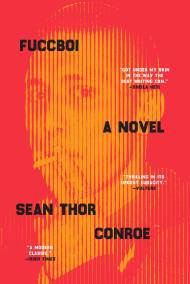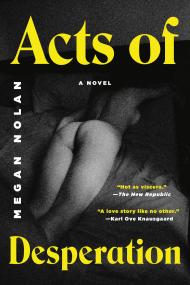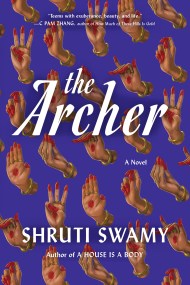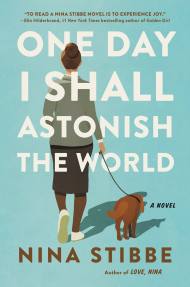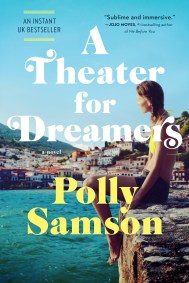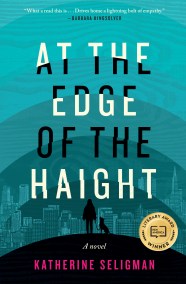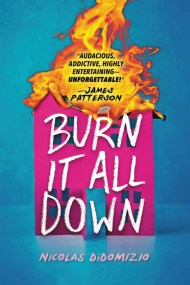1. Before you read Nothing More Dangerous, would you have considered yourself someone with prejudices? Do you feel differently about your own assumptions after reading? What does it mean to be prejudiced?
2. Discuss the setting of the novel—Jessup, Missouri. How does living in Jessup shape the characters? Would Boady be different if he lived somewhere else? How do our communities influence our worldviews?
3. What does Boady think he wants for his future? Do you agree that this is actually what he needs? How are his two desires in opposition? How does Boady try to rationalize this?
4. When you first met Hoke, did you think he was a good or bad guy? Why? Was there a point in the novel at which your opinion changed?
5. How is Boady’s world challenged by having the Elgins in his life? How is Boady changed by his friendship with Thomas? Is this friendship different from the friendship Jarvis offers?
6. Discuss how Nothing More Dangerous explores racism. Is Boady prejudiced when the novel begins? Does he think he is? How does he come to see Jessup differently?
7. What is the difference between overt racism and prejudice? Is there one? How does Hoke help Boady to see his own prejudice differently? Do you think Hoke’s vision of society is right?
8. Have the prejudices of Jessup changed by the end of Nothing More Dangerous?
9. Do you think the novel would be different if it was set in 2020 instead of 1976? Why or why not?
10. What does Boady mean when he says “It was as though I had been staring at a mirror all my life and that mirror suddenly turned into a window” (p. 225).
11. Who is the villain in Nothing More Dangerous? Is there one? Do you think this villain would agree they’re bad? Why or why not?
12. Hoke recites a quote from Martin Luther King, Jr: “Nothing in all the world is more dangerous than sincere ignorance” (p. 167). What does this quote mean? Why do you think the author chose this quote for this novel’s title?
